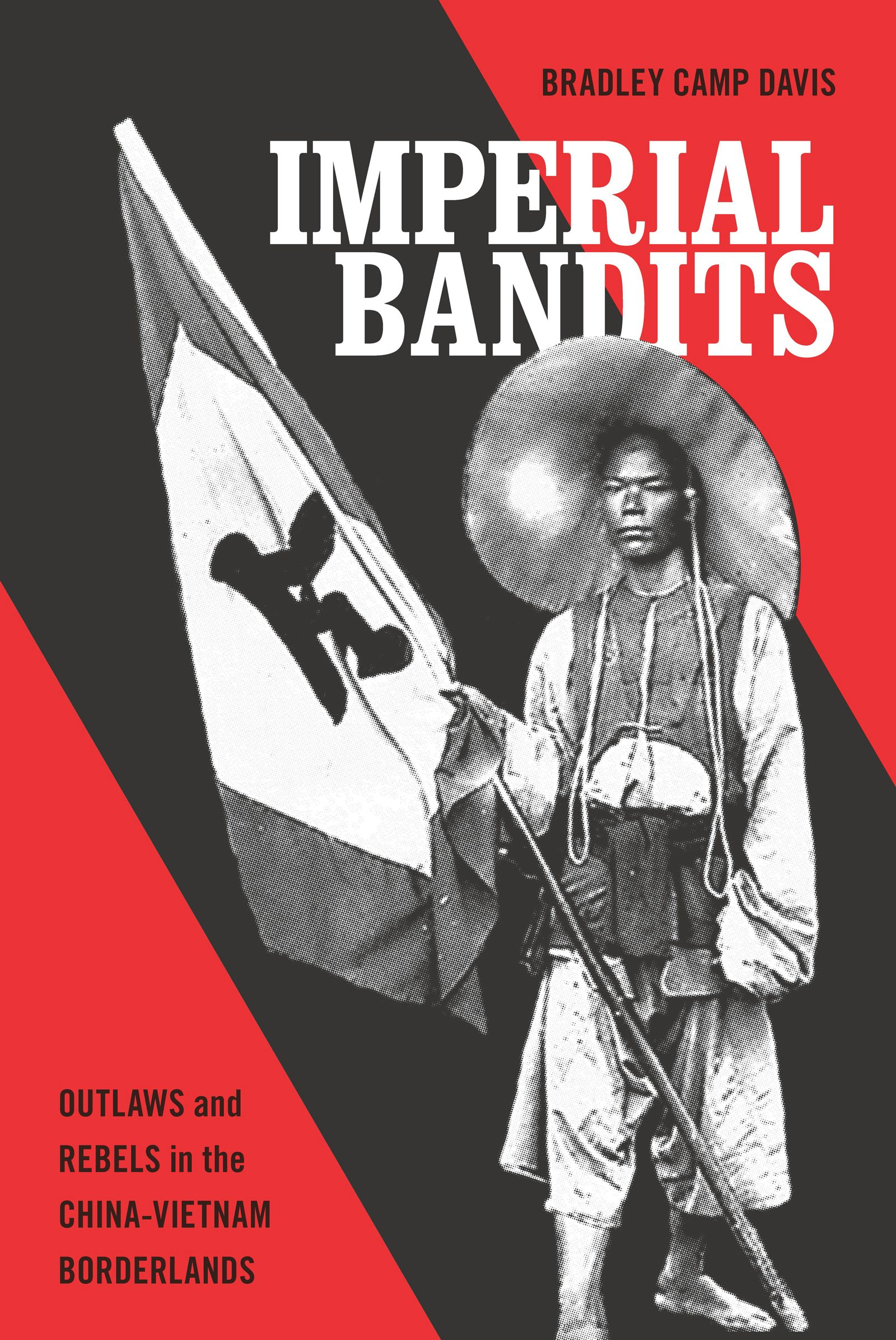



Additional interviews Lucas has given over the years fill out the story, as does the Lucasfilm-approved book Star Wars and History, edited by Nancy R. Lucas gave Pollock more than 60 hours of interviews, but they have been neglected in interpreting Star Wars. Many of the Lucas quotes in this article are from Dale Pollock’s ground-breaking biography Skywalking: The Life and Films of George Lucas, first published in 1983. Fairy tales are how people learn about good and evil, about how to conduct themselves in society.” In college, I became fascinated by how culture is transmitted through fairy tales and myths. As Lucas said, “ Star Wars came out of my desire to make a modern fairy tale. Of course, Star Wars is much more than the sum of its influences, for Lucas was intentionally creating a new contemporary myth. Looking at the history within which Star Wars was made, and more specifically how George Lucas interpreted that history, we can begin to see how parts of his life, as well as his cultural environment, helped shape the films. Lucas’s description of Star Wars, of course, could also fit other conflicts in history, which he has also acknowledged as influences, including the American Revolutionary War with its challenge to the British Empire. This can be seen in the very opening scene of Star Wars, as Princess Leia’s rebel ship is completely overwhelmed in size and firepower by an Imperial Star Destroyer. A capsule description that he wrote in 1973 described Star Wars as “a large technological empire going after a small group of freedom fighters,” - incorporating the asymmetrical quality of the Vietnam War into his space fantasy.

Lucas, along with millions of other Americans, opposed US involvement in the Vietnam War. George Lucas came of age in the 1950s, 1960s, and early 1970s, and was profoundly affected by the culture and turmoil of those decades. The politics behind the creation of the original film, A New Hope, reveals a rich geography of American history, technology, race, and religious mores. The series has been culturally powerful for almost 40 years, although primarily as a pop culture phenomenon. With the release of The Force Awakens, Star Wars mania has been renewed - although it never really went away. From toys to Star Wars disco music, to cosplay (costume play) and beyond, George Lucas and his collaborators meticulously crafted a movie many people wanted to make a part of their lives, even outside of the theater. IN 1977, STAR WARS transformed the Hollywood blockbuster not just financially, but in the way it affected popular culture.


 0 kommentar(er)
0 kommentar(er)
